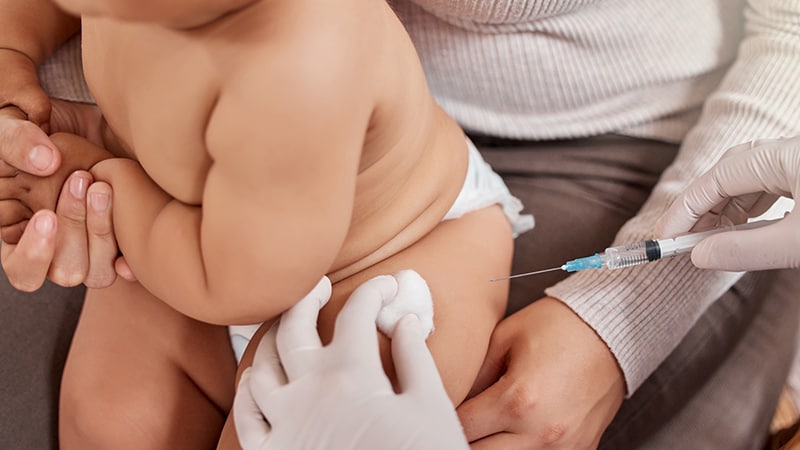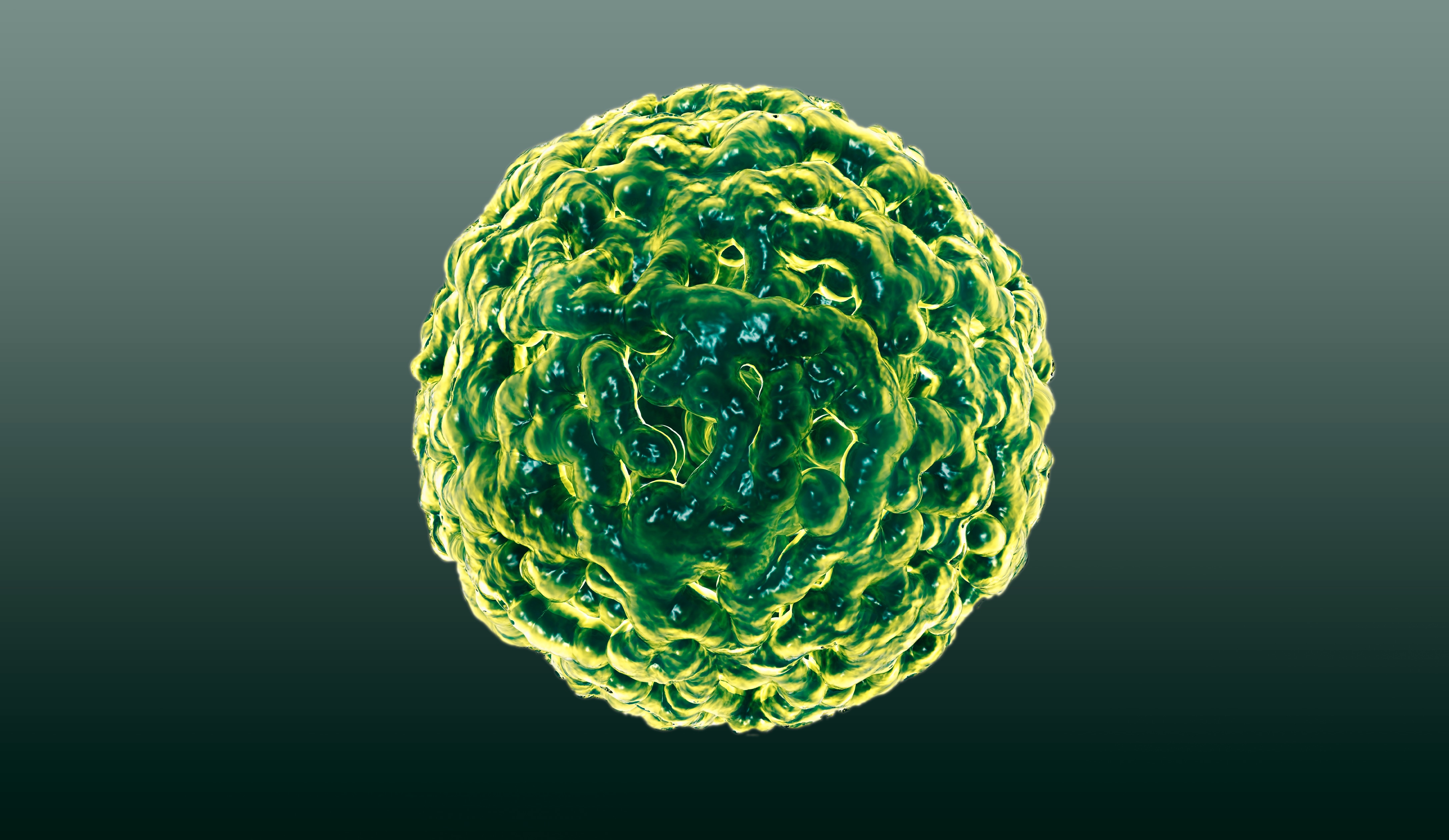Takeaway
- This meta-analysis suggests that rotavirus (RV) vaccination is not associated with an increased risk for intussusception up to 2 years after vaccination among neonates or infants.
Why this matters
- Findings oppose the post-marketing monitoring suggestion about the risk for intussusception after the RV vaccination and suggest that vaccination benefit surpasses the potential risk for intussusception.
Study design
- 25 randomised controlled trials (RCTs) including 200 594 participants (104647 receiving vaccine and 95947 receiving placebo) met eligibility criteria.
- Main outcome: diagnosis of intussusception.
- Funding: None disclosed.
Key results
- No significant difference was observed in the risk for intussusception within 31 days after vaccination between vaccine and placebo group (11 vs 9 cases; risk difference [RD], 0.17 per 10000 infants [95% CI, -1.16 to 1.50 per 10000 infants]; P =.80; relative risk [RR], 1.14; 95% CI, 0.49-2.64; P=.77).
- Vaccine (37 cases) vs placebo (37 cases) group did not differ in the risk for intussusception within 1 year (RD, -0.65 per 10000 infants [95% CI, −2.68 to 1.39 per 10 000 infants]; P=.53; RR, 0.84; 95%CI, 0.53-1.32; P=.45).
- Risk for intussusception within 2 years after vaccination did not differ between vaccine and placebo group (29 vs 30 cases; RD, -0.48 per 10000 infants [95%CI, -3.64 to 2.69 per 10 000 infants]; P=.77; RR, 0.91; 95%CI, 0.55-1.52; P=.73).
Limitations
- Limited number of trials.
References
References



